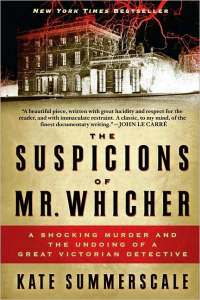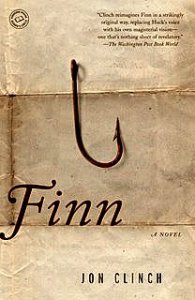
Jefferson Wheelwright, an American author in a tour of Europe, hopes to meet the famous authoress Margaret Haeley while in London. His first attempt is unsuccessful but he eventually befriends her after rescuing her servant, Thursday, who broke his leg. However, Jefferson quickly discovers that Margaret has been removed from the world since the drowning of her husband in a boating accident 17 years earlier. In fact, she seems to be suffering from a mental illness as she is losing her grasp of reality. Soon, Jefferson realizes that he is falling in love with her. At the same time, he is struggling to finish his book, Andersen’s Romance.
Set in 1830s London, An Untimely Frost is inspired by Washington Irving’s rumored courtship of Mary Shelley when he was touring England. The writing is beautiful and elaborate, and is a testament to the research Ted Morrissey has conducted for this book. In order to be true to the way of writing and speaking of this period, the author read letters written by Washington Irving to get a sense of the language used at the time. As a result, the book feels like a Victorian novel. There are also a lot of literary references from Wordsworth to Byron and Shakespeare. However, I found the novel to be very slow going at times. It was also depressing and dark. In addition , the use of stories within a story was sometimes confusing, their purpose not always clear. In conclusion, An Untimely Frost will appeal to readers who like historical novels with a bleak mood.
An Untimely Frost was sent to me for free in exchange for an honest review.
Fun facts about the author:
- Ted Morrissey is an English teacher in Springfield, IL, and he teaches Frankhenstein to his students.
- He writes in the early morning for about half an hour every day before leaving for work.
- The author was a journalist for the Galesburg Register Mail. In fact, his father and uncle worked there too.
- He founded Twelve Winters Press in order to publish his books.
About the author and his work: Ted Morrissey’s Website.
If you liked this book you might also like:



